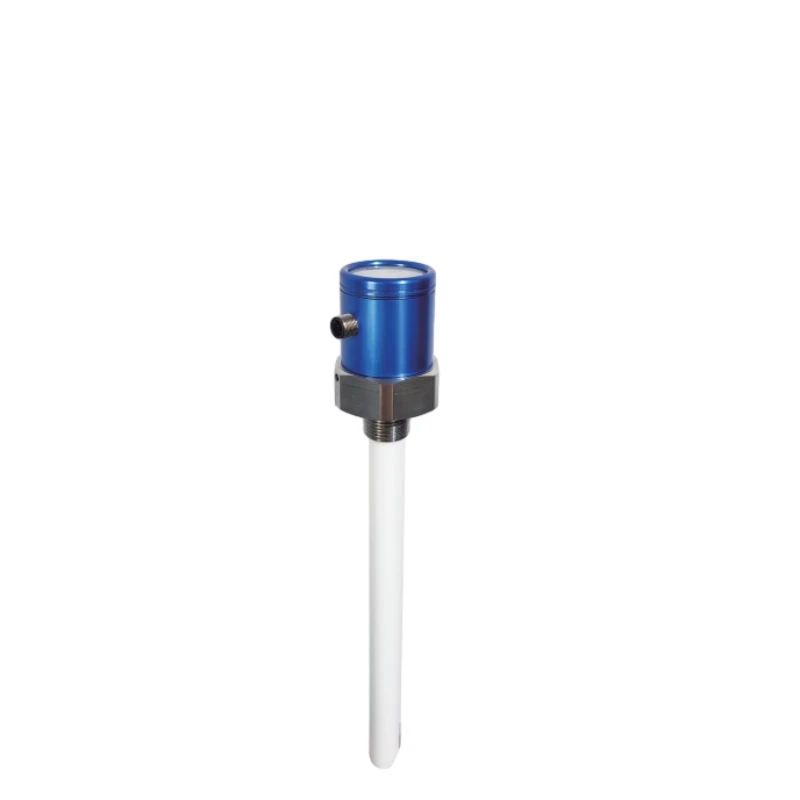Jan . 23, 2025 01:41 Back to list
equipo de escaneo láser


Trustworthiness in laser scanning equipment is paramount. Manufacturers have invested heavily in research and development to enhance the accuracy and durability of these systems. High-quality scanners are rigorously tested to ensure they can withstand diverse environmental conditions, such as extreme temperatures and humidity levels. This durability translates to consistent performance across different projects, building trust with operators and stakeholders alike. In product-centric industries, staying ahead means integrating advanced tools like laser scanning equipment into everyday operations. The benefits extend beyond accuracy and efficiency; they also allow for scalability and adaptability in an ever-evolving market landscape. As industries continue to innovate, the adoption of laser scanning technology is expected to grow, driven by its ability to deliver on all fronts experience, expertise, authority, and trustworthiness. Embracing laser scanning technology not only positions a company as a leader in precision and innovation but also ensures that it remains competitive in a world where precision data is increasingly valued. By capitalizing on the benefits of laser scanning equipment, businesses can achieve a higher standard of quality, streamline their operations, and ultimately, increase their bottom line. This strategic investment in technology will prove invaluable as industries continue to evolve, demanding more sophisticated and reliable data capture solutions.
-
Why Steel Mills Rely on FODA’s High-Temperature Cylindrical Roller Bearings?
NewsApr.10,2025
-
What is a Plain Bearing? A Complete Guide to Design & Functionality
NewsApr.10,2025
-
Thrust Ball Bearings vs. Tapered Roller Bearings: FODA’s Performance Comparison
NewsApr.10,2025
-
The Engineering Behind FODA Thrust Ball Bearings: Precision for High-Speed Applications
NewsApr.10,2025
-
No More Compromises: Get Precision-Engineered Custom Bearings Tailored to Your Exact Specifications
NewsApr.10,2025
-
In-Depth Analysis: Application Differences of Different Types of Angular Contact Ball Bearings
NewsApr.10,2025
Products categories
















